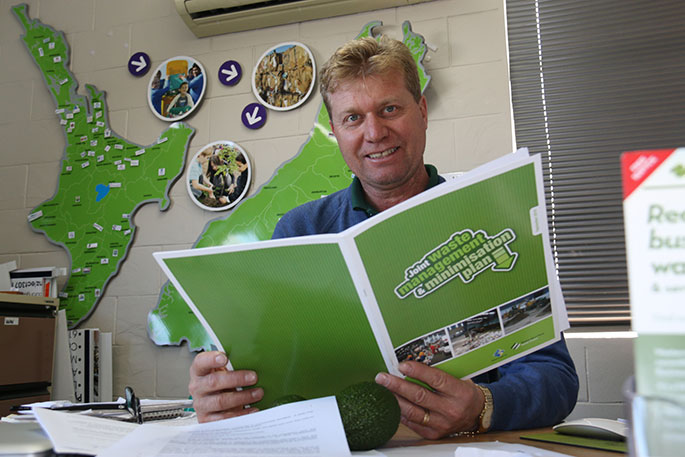The Government is stepping up action to deal with environmentally harmful products – including plastic packaging, tyres and e-waste – before they become waste.
As part of the wider plan to reduce the amount of rubbish ending up in landfills, Associate Environment Minister, Eugenie Sage, today announced six products to be declared ‘priority products' for the establishment of regulated product stewardship schemes under the Waste Minimisation Act.
These products include: plastic packaging, tyres, electrical and electronic products, agrichemicals and their containers, refridgerants and farm plastics.
'Regulated product stewardship helps put the responsibility for waste and what happens to products at the end of their useful life on manufacturers, importers, retailers and users, rather than on communities, councils, neighbourhoods and nature,” says Sage.
'Old products that have reached the end of their life can be used to make something new, especially if they are designed better for reuse and recycling.
'Currently New Zealand has 15 voluntary accredited product stewardship schemes. These have had limited success in minimising waste for the target products.
'Government's decision to require the establishment of regulated product stewardship schemes follows a public consultation in 2019 with public support for Government taking stronger action on these products."
Sage made the announcement at E-Waste Solution's new e-waste and plastics processing facility in Porirua where she announced a $70,000 grant from the Ministry for the Environment's Waste Minimisation Fund for E-Waste Services to do a feasibility study on reducing e-waste plastic going to landfill.
She also announced Auckland-based TechCollect would receive a $320,000 grant from the Waste Minimisation Fund to allow the company to build on its successful e-waste pilot programme, expand to more collection points and to design options for a regulated e-waste product stewardship scheme.
"The Zero Waste Network is so relieved to hear that electronic waste is finally being declared a priority product,” says Marty Hoffart, Chair of the Zero Waste Network Aotearoa NZ.
'Mandatory product stewardship is a key step in moving to a circular economy, and starting with electronics was a no-brainer.
"The average person in NZ produces more than 20 kilograms of e-waste every year, and of the approximately 90,000 tonnes total of e-waste we produce each year, the estimates suggest we recycle less than two percent of that total - a mere 1600 tonnes.”
At the moment, most of New Zealand's electronic waste is going straight to landfill.
Marty says it's a bit depressing to think we've been digging rare earths and precious metals out of the ground and then throwing them back underground after a limited use.
'Now those materials will get a chance to be recycled, reused and refurbished to make the next generation of electronic gadgets and reuse existing electronics. At the same time, we'll be keeping toxic chemicals contained in e-waste out of the ground.
'Mandatory product stewardship for electronic waste and other harmful waste streams is long overdue in New Zealand.
'Producers and consumers benefit from making and using products. Product stewardship schemes can make sure end of life costs are covered upfront. It is fair that users pay the real cost of dealing with end of life objects whether it's an old computer, a beer bottle or a set of tyres."
Mary says a lot of work has been done over the years by people from all sorts of organisations to get New Zealand to this point.
He says there will be smiles on a lot of faces around the country when they hear NZ has passed this milestone.



0 comments
Leave a Comment
You must be logged in to make a comment.